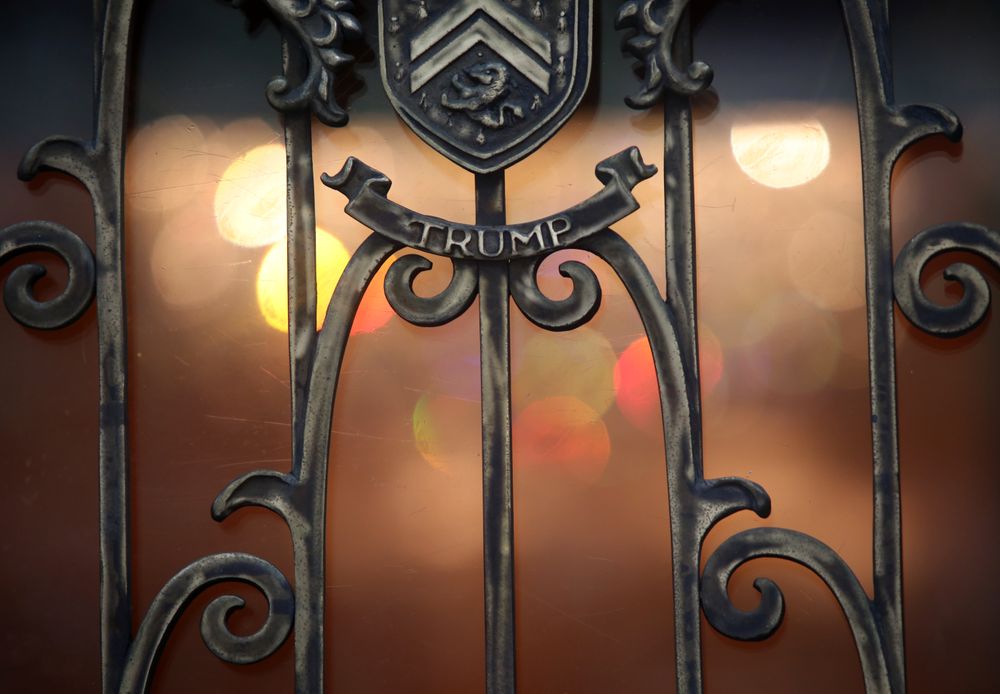The Secret Service offers lifetime protection to former presidents, according to the Former President’s Act of 1958. This provision does not cover a president removed from office. (President Richard Nixon technically resigned and wasn’t impeached, so he qualified for Secret Service protection despite declining it.) Here’s the definition of “former president,” according to the text of the aforementioned act.
(f) As used in this section, the term “former president” means a person —
(1) who shall have held the office of President of the United States of America;
(2) whose service in such office shall have terminated other than by removal pursuant to section 4 of article II of the Constitution of the United States of America; and
(3) who does not then currently hold such office.
Current lawmakers reference Secret Service protection to Article Two of the Constitution. The Constitution doesn’t mention the Secret Service, as it didn’t exist when the document was ratified. The Treasury Department that formerly operated the Secret Service was established in 1865 to battle counterfeiting. The Secret Service began protecting presidents in 1901, after President William McKinley was assassinated. In 2003, the Secret Service was transferred to the Department of Homeland Security.
Related: I Personally Cannot Wait to See Donald Trump Get Arrested
In 1994, protection was reduced to 10 years for presidents taking office after 1996. Children of former presidents lose their coverage at age 16; Ivanka, Eric, and Don Jr,, for example, are ineligible for Secret Service protection. President Reagan didn’t live long enough to see his protection run out. President George W. Bush would have had that happen, except that in 2012, lifetime protection was reinstated.
Secret Service agents have protected presidents in all sorts of situations without public complaint. None of them have been asked to guard a protectee while in prison, as is possible if Trump goes to prison. The known criminal investigations related to 45 further complicates this hypothetical—but certainly plausible—question. Trump could end up in a state prison in Georgia. He could also land in a federal penitentiary if convicted by The U.S. Office of Special Counsel. In the federal penitentiary, agents could play golf with Trump during the day and clock out after lights out and the final count for the day. It might be harder to accommodate Secret Service agents in the state pen, but we may see.
The Presidential Records Act is an act of Congress, signed into law by the president. Unless Trump refuses Secret Security protection, it seems he’s entitled to it, and it would require an act of Congress to take it away. Perhaps Trump could be bribed; he likes money.
I imagine Trump would be in real danger in prison—from friends or family of kids he had locked in cages while seeking asylum, for example. Trump might volunteer for solitary confinement for his own safety. He might even get his own facility, a safe house for ex-president convicts.
Whatever the case, it’s looking more and more likely that we’ll need to answer this question sooner than later.
This post originally appeared on Medium and is edited and republished with author's permission. Read more of William Spivey's work on Medium. And if you dig his words, buy the man a coffee.
More From LEVEL:
